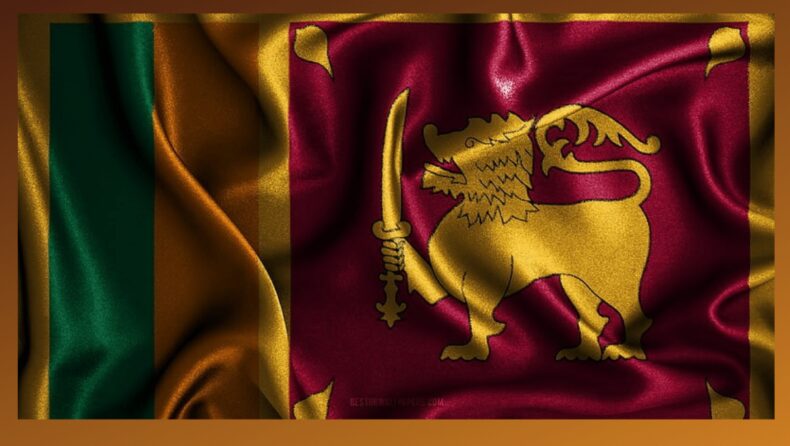The resolution UNHRC resolution on Srilanka demands accountability for economic offenses perpetrated in the nation and expands the role of the United Nations human rights chief in gathering data on war crimes for trial abroad.
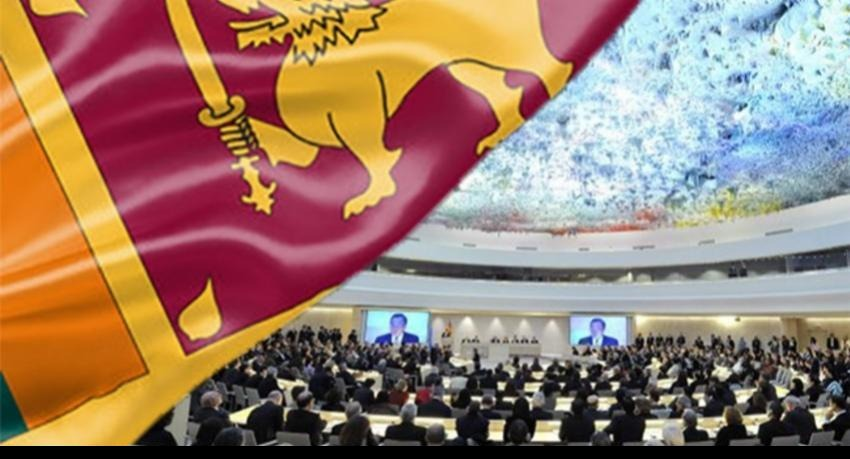
On Thursday, the 47-member United Nations Human Rights Council would vote on a proposed resolution about Sri Lanka that demands accountability for financial crimes and expands the authority of the United Nations human rights chief to gather data on war crimes for trial abroad.
Sri Lanka is been experiencing a severe economic crisis for months and has discontinued making payments on its international loans. To restructure its more than $51 billion in total foreign debt, the government is currently in negotiations with its creditors.
A look at Srilanka’s latest UNHRC Resolution
The most recent version of the resolution, which has the cosponsorship of the US, Montenegro, Germany, Canada, Malawi and North Macedonia is largely based on the version that was approved by the UNHRC last year.
The 2021 resolution mandated that the Council on the UN High Commissioner for Human Rights (OHCHR) create a comprehensive, global database to support future war crimes prosecutions. Additionally, it was allocated a fund of $2.8 million for employment of investigators and gathering data.
The resolution would “expand and reinforce the capacity of the Office of the High Commissioner to obtain, consolidate, analyse and retain information and evidence and to develop probable policies for forthcoming accountability procedures for gross violations of human rights or significant violations of international humanitarian law in Sri Lanka, to support for victims and survivors, and to assist related judicial procedures,” according to the most recent version of the draft made public on Monday.
UNHRC Resolution
The draught resolution further urged the OHCHR to “increase its monitoring and reporting, including on progress in accountability and reconciliation, as well as on the human rights consequences of the economic crisis as well as corruption.”
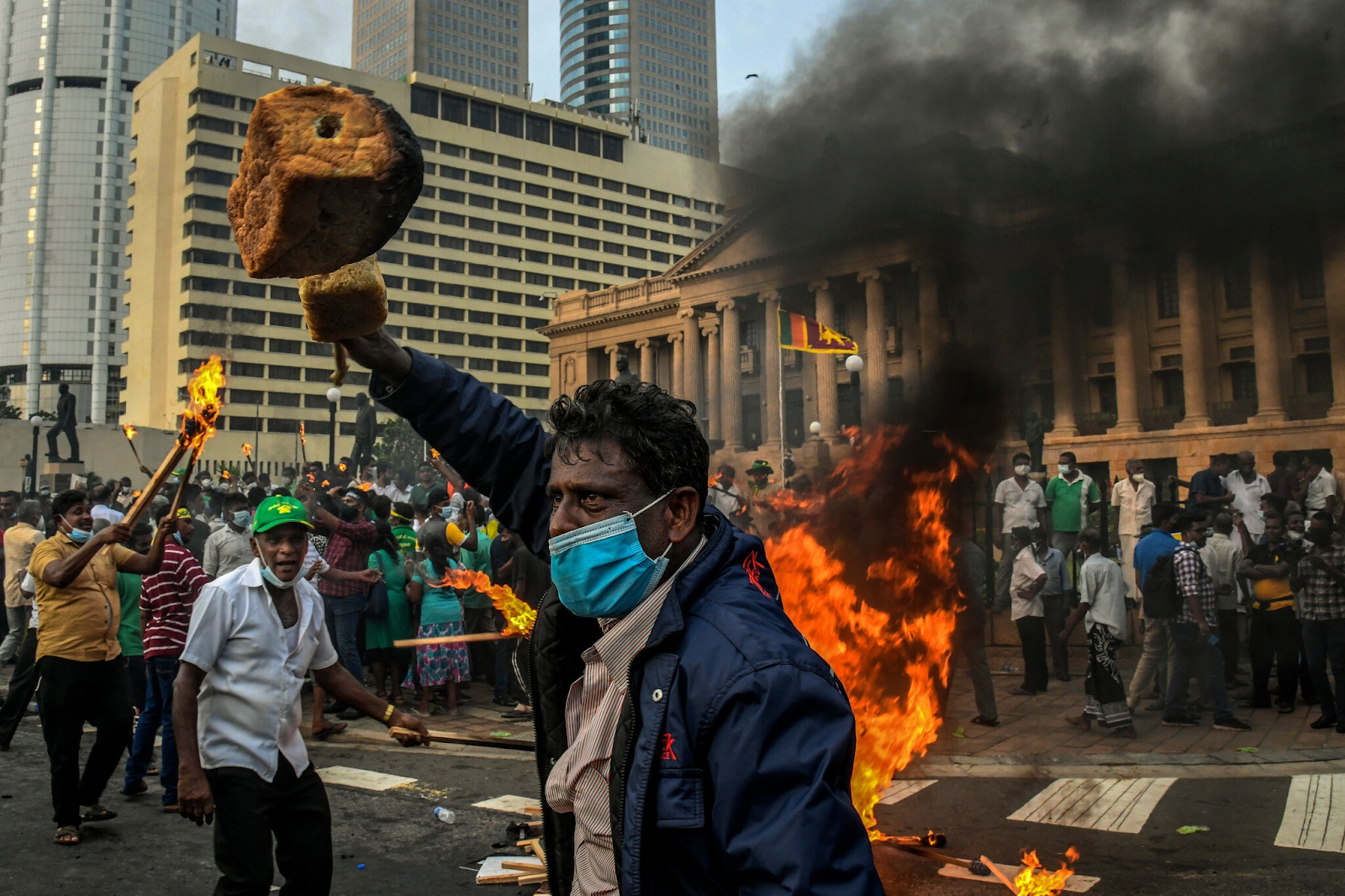
The approval of the resolution would be a blow to President Ranil Wickremesinghe’s administration in Sri Lanka, that has been claiming that it needs international support during the economic crisis.
For the first time, Sri Lanka will be the subject of a UNHRC resolution that demands responsibility for human rights abuses brought on by corruption and economic hardship. This notion is clearly linked to the OHCHR report, which was published last month and linked Sri Lanka’s human rights record to the current financial crisis.
Srilanka: Tracing the roots of economic crisis
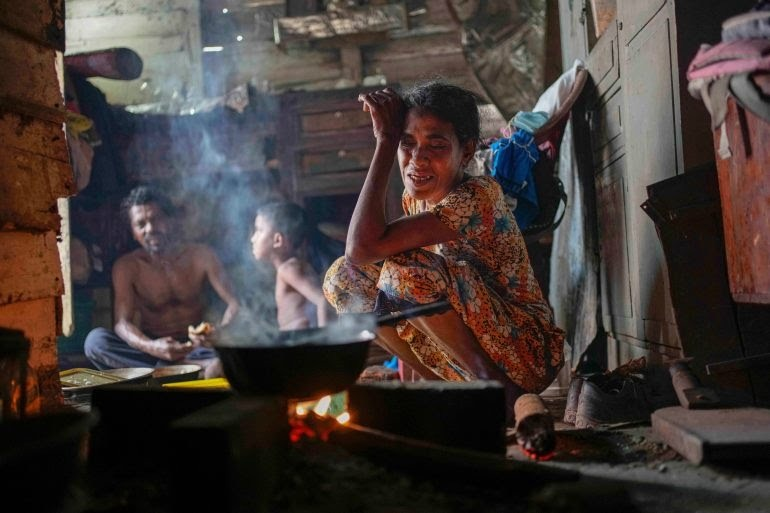
The worst economic crisis Sri Lanka has seen since gaining independence in 1948 was brought on by a significant lack of international exchange reserves.
The IMF revealed last week that it will lend Sri Lanka around $2.9 billion across four years as part of a tentative deal to assist the bankrupt island country get through its greatest economic crisis and safeguard people’s livelihoods.
According to a UN assessment, the island country of Sri Lanka has been presently undergoing a terrible economic crisis, with corruption, economic crimes, and impunity for previous and current violations of human rights serving as the root causes.
For a lasting recovery, it is critical to acknowledge and support Sri Lanka in addressing the root causes of the crisis, such as systemic impunity for economic crimes, corruption, and past and present violations of human rights.
Sri Lanka’s problems have gotten worse because of the COVID outbreak and growing costs brought on by Russia’s invasion of Ukraine. According to the most recent government statistics, prices of food nearly doubled while consumer inflation shot up to a record-high of close to 70% in September. However, a lot of people in the nation condemn the formerly Rajapaksa family for gravely mishandling the economy and pushing it into a catastrophe.
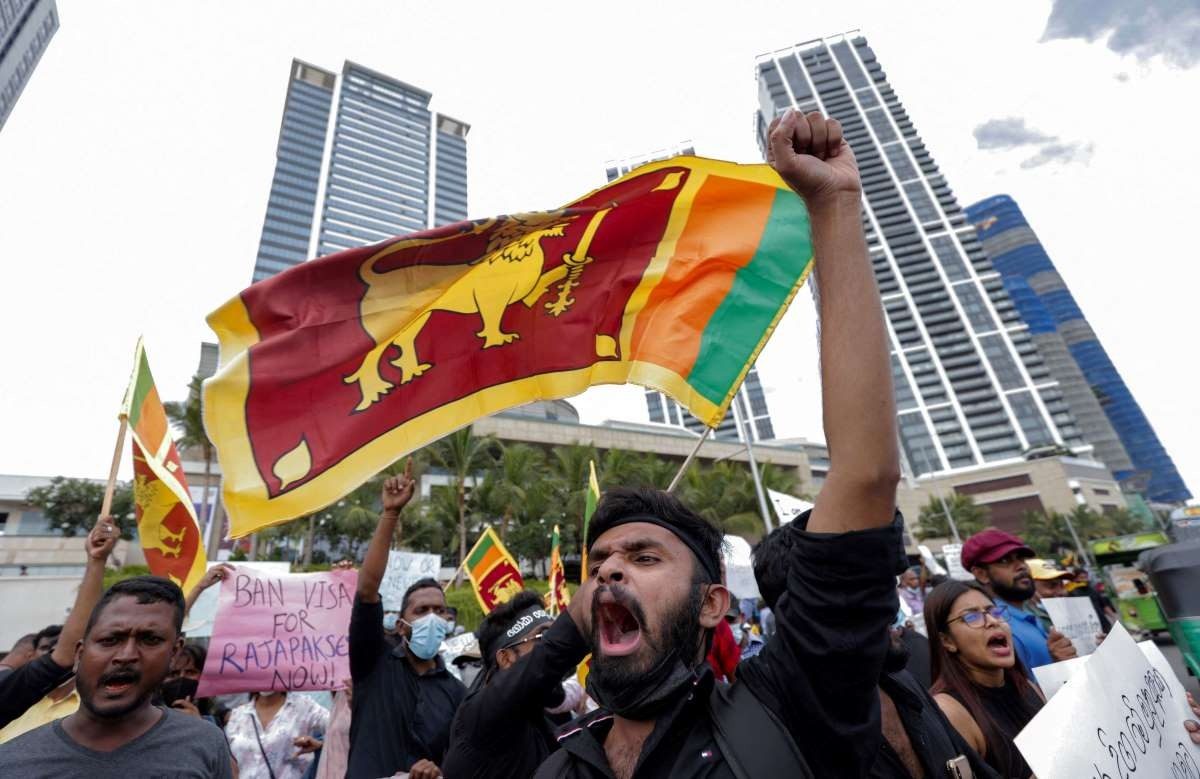
The Rajapaksa family was held responsible for the most severe economic crisis the island nation has experienced since independence, based on widespread and well rallies and protests that took place across Sri Lanka at the beginning of the year. In July of this year, after protesters occupied the President’s House in Colombo, President Mahinda Rajapaksa made the decision to leave and resign.
The current crisis and corruption are addressed repeatedly in the text of the proposed resolution, both in the proposed amendments and functional parts.
Srilanka: What will be the outcome of the resolution?
Compared to last year, more nations are anticipated to vote in favour of the resolution draught. Resolution 46/1 had 22 favorable votes, 11 negative votes, and 14 abstentions in 2021.
The western nations’ lobbying influence has increased now that the United States is back in the UNHRC.
Despite openly noting that perhaps the United Nations human rights chief’s evaluation of post-civil conflict Sri Lanka aroused “serious concerns,” India did not vote in favour of the UNHRC resolution in March 2021.
The United Nations Human Rights Council (UNHRC) at Geneva have approved the resolution on promoting harmony, accountability, and human rights in Sri Lanka. At the UNHRC’s ongoing 51st session, the resolution was approved with 20 votes in support, 7 against, and 20 abstentions.







